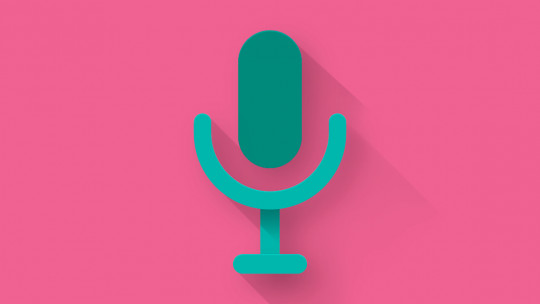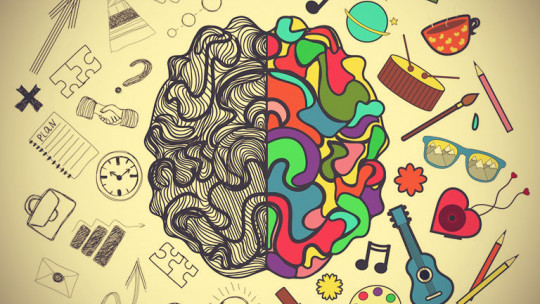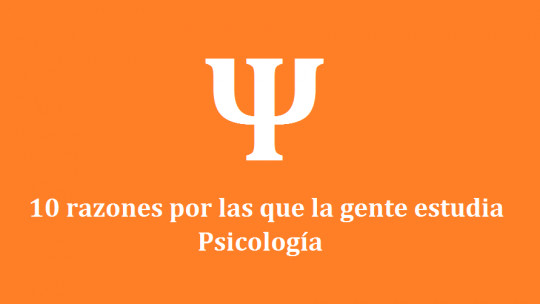
Nowadays there are various means to find information on specific psychology topics, from in-person conferences to videos and podcasts. Although many people are reluctant to use these types of platforms, the reality is that many of them are approached by professionals and students with a lot of work behind them. However, the bulk of psychology material is still in a more retro: the one with the books. For this reason, we believe that all students—whether they are pursuing a degree, are professionals, or simply curious—should at some point turn to paper (at least digitally) to deepen their knowledge. Taking this into account, in this article we will propose a series of guidelines to know where to find the best psychology books for students
What characteristics should a good psychology book for students have?
Psychology is an immense discipline. In fact, when we try to talk about “psychology”, we are actually referring to a gigantic umbrella under which a multiplicity of theories coexist under a single name. Each of them pursues different objectives, are based on different traditions and based on different epistemological assumptions. As if that were not enough, today we have countless branches of psychology capable of applying the theoretical knowledge of the discipline, such as clinical, work, educational, legal, sports, neuroscience psychology… and, in terms of future, there are still many more to be developed.
Given its breadth, it is expected—and even convenient—that the curricula of undergraduate courses in faculties around the world make large cuts to what will be studied in each subject and, therefore, determine what content will remain. outside. The problem is that Many students, despite finding a specific area of psychology capable of arousing great interest in them, do not know which spaces they should go to to delve deeper into certain topics (in general, for those for whom university training is not enough). The feeling of feeling overwhelmed by the density of information relevant to psychology is also shared by other types of students, such as graduates or those who are interested in the discipline but are not studying the degree.
Reading about psychology always adds value, whether it is manuals, articles in popular magazines or scientific publications. For this reason, the initial proposal for learning about psychology is to let yourself be guided by curiosity. Of course, it is also true that we could agree on a set of characteristics that a good psychology book for students should have, since some texts could be more suitable than others for this audience.
First of all, a good book for students uses terminology specific to the discipline, although its vocabulary is accessible Unlike texts aimed at the general public, psychology books for students can allow themselves a “conceptual floor”, that is, taking for granted some concepts of the discipline without stopping at them, let’s say, that of “conditioning”, with the objective of fluidly addressing other constructs of a higher degree of abstraction. However, texts aimed at students should not be too complex, so that students can understand most of what they read. Therefore, thinking about a good psychology book cannot be separated from the level of training reached by the reader. It is necessary for him to evaluate whether his current knowledge is sufficient to sit in front of a particular text, or if it would be a better idea to choose a simpler one.
A good psychology book for students can deal with a specific topic and leave aside many others—since it does not have to be too comprehensive to be considered good—but ideally it should refer to other texts by different authors We consider this to be a valuable quality in a text aimed at students because it will allow them to record the general overview of the topic they are reading about, from which they will know which books they should turn to if they want to delve deeper into a specific topic. Furthermore, it will enable them to observe how the different theoretical-epistemological frameworks of psychology dialogue and discuss in a particular area.
Where do I find the best books for students?
Knowing what characteristics a good book aimed at students should have, below we point out some places where you can find ideal texts for this audience.
1. Buscalibre
The Buscalibre.es website includes a very complete section of Psychology Books for students, with dozens of thousands of titles that you can easily purchase. Here there are everything from academic titles to personal development books, through philosophical essays related to Psychology and the human mind. In addition, there are always interesting price offers and it allows you to find what you are looking for through an easy-to-use filter system, regardless of whether you want physical books, ebooks or audiobooks.
2. University library
Most of the “classic” elementary texts on psychology are found in the faculty library, although it is also possible to find them in a public library. On these sites, books are usually classified according to the branch of psychology to which they refer, or according to the topic they cover. Of course, the catalog will surely not be very updated and it may be difficult to acquire books in person (given the limited availability of copies, you may have to wait for another person to return the book you are looking for) or in electronic format (many websites of Libraries are complicated to use because they are not oriented towards efficiency).
To get a better idea of what titles to look for, a good strategy is to talk to an advanced student or professor who can recommend books that will be useful for various subjects in your undergraduate degree, if you are taking it.
3. Social networks, videos and podcasts
Many students, teachers and researchers share their knowledge through social networks, videos on different platforms or podcasts. These often provide valuable information on psychology topics, and sometimes they give the opportunity to download the first chapter of a book for free. One possibility is to contact these people personally and ask them if they could recommend the best titles for them to the student public, or check if they have already responded to these types of concerns previously.
4. Browse review websites
A final strategy that we propose to find good psychology books for students is to search for books on book classification and rating pages. Over there It is possible to filter the search according to the popularity of the book or its topics, so it won’t take us too long to know which are the most sought-after psychology books. Although this is a prior step to purchasing the book and is especially valuable when deciding what to read and what not to read, on this type of website it is possible to read reviews from users who bought it and were willing to give their opinion. In line with this, there are pages or applications such as Goodreads intended mainly for the preparation of reviews or reviews of books, so it would also be ideal to check the opinions of readers on sites like this before purchasing a book for students.








